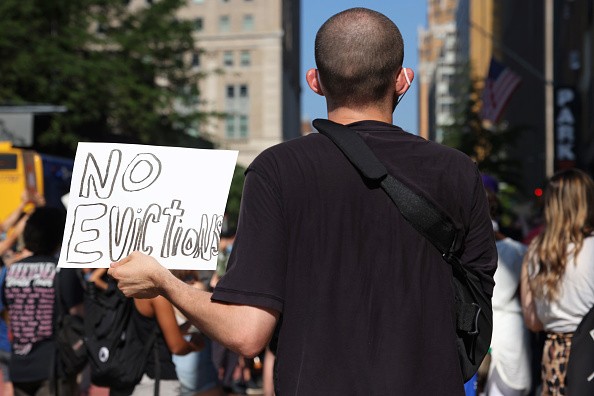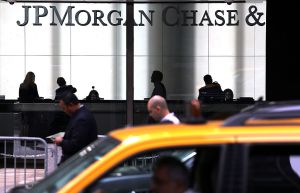The New York state lawmakers approved the emergency legislation this week, halting evictions for at least two months.
NY lawmakers seek to prevent massive eviction during winter

The state's lawmakers aim to prevent hundreds of thousands of people from being evicted from their homes during the winter and the COVID-19 pandemic still raging. However, the NY lawmakers feared something riskier, like a massive ripping at the fabric of society.
According to the New York Times, after being evicted, families become homeless, causing overwhelming shelters. Children are transferring schools and falling behind haphazardly; as per the NY Times, people who end up in overcrowded housing increase the risk of developing chronic disease.
The evictions were associated with the spread of the COVID-19 during its outbreak, as per the SSRN. Therefore, across the region, the subsequent hardships and the eviction threat looms.
Read also: 7 Evicted Homeless File Lawsuit Against Minneapolis Government
Renters worried about being homeless again when the eviction ban ends
A senior immigrant in East Harlem lost his wife due to the coronavirus and faced eviction after using his money in sending his wife's body back to Senegal. The immigrant bought food with his unemployment benefits since he lost his job and could not stock groceries.
Meanwhile, a school aide who spent several months in a homeless shelter worries she will lose her apartment and will need to return to the shelter, far from the doctors who treat her child's heart condition.
An unemployed freight dispatcher from the north of New York moved into a mobile home park. She hopes that her son will get the proper education there. However, she is facing eviction and is worried about what it means for her son's schooling.
Those with only a few properties, as well as the landlords, are battling with their own crisis, with rental payments paused, but utilities and mortgages still need to be paid.
President of the Community Service Society of New York, David R. Jones, said that even before the COVID-19 pandemic, many citizens from the state live paycheck to paycheck, with unstable housing and spending half of their income on house rentals. Jones claims that evictions will make the financial struggle even worse.
He added the crisis could replicate some of the worst elements of depression, with its convergence of joblessness and homelessness.
NY Governor signed the legislation to provide protection
New York Governor Andrew Cuomo signed the COVID-19 Emergency Eviction and Foreclosure Prevention Act of 2020, which places a moratorium on evictions and foreclosure proceedings to prevent residents from losing their homes due to the pandemic.
According to UPI, Cuomo signed the legislation on Monday after it passed the New York Assembly 99 to 47 and the New York Senate 40 to 21. In a statement, Cuomo said, "As we fight our way through the marathon this pandemic has become, we need to make sure New Yorkers still have homes to provide that protection."
He added that the law adds to the previous executive orders to protect the vulnerable and needy who face eviction during the state's difficult period. Until May 1, 2021, a moratorium will be placed on residential evictions for tenants who "endured COVID-related hardship." The tenants who want to be covered by the suspension must submit a document stating the struggles they are experiencing to prevent eviction.
The law also prohibits foreclosures on homeowners and small landlords who have ten or fewer residential dwellings. Besides, they are required to file a declaration with their mortgage lender, other foreclosing partners, or court. The law prohibits adverse credit reporting and discrimination in extending credit for those who have fallen behind on mortgage payments.
However, New York City Senator Pete Harckham said that the law does not absolve homeowners or renters' financial obligations but only provides a four-month pause.
Read also: Not Qualified for Unemployment Aids, Landlords Are Running Out of Money
© 2026 HNGN, All rights reserved. Do not reproduce without permission.








